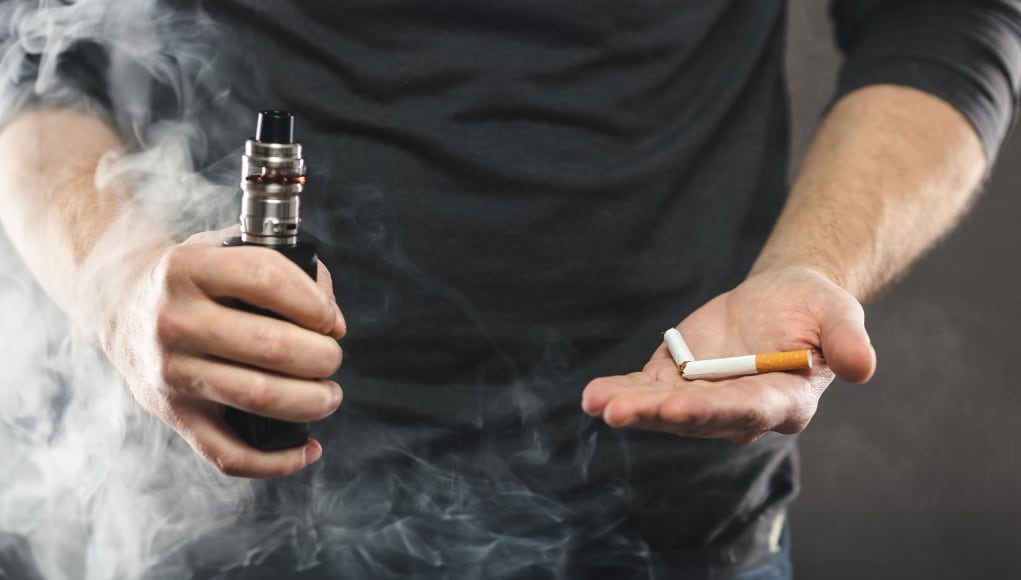In light of the much discussed 10th Conference of the Parties (COP10) event starting next Monday, public health experts are advocating for differentiated regulations for cigarettes and novel nicotine products such as vapes, nicotine pouches and snus. They emphasize that smoke-free alternatives are significantly less harmful and could contribute to addressing global smoking issues.
Studies conducted worldwide have consistently shown that these products, carry significantly lower risks than traditional cigarettes. Experts in the field stress that the harm from cigarettes is primarily due to the inhalation of smoke, not nicotine. Hence, switching to smoke-free alternatives can significantly reduce harm.
Experts’ calls to the WHO keep falling on deaf ears
In line with his peers, Prof. Peter Hajek from Queen Mary University of London criticized the World Health Organization’s (WHO) anti-vaping stance, asserting that it hinders the transition to safer alternatives. Similarly, pulmonary expert Dr. Riccardo Polosa from the University of Catania has been advocating for innovative tobacco control policies that promote non-combustible alternative products for adult smokers.
Experts worldwide have been calling for a revision of the WHO Framework Convention on Tobacco Control (FCTC) to adopt harm reduction strategies. Several countries, including the UK, Sweden, Norway, New Zealand, and Japan, have seen significant declines in smoking rates by allowing substitutes to replace cigarettes.
THR experts envision a future where smoking-related diseases could disappear as smoking becomes obsolete through the use of less risky nicotine products that do not involve combustion. To this effect they call on COP organizers and participating delegations to address topics related to “novel and emerging tobacco and nicotine products.” The experts call for a revaluation of tobacco control policies, emphasizing harm reduction and considering the integration of non-combustible alternatives.
Tobacco harm reduction vs prohibition
The 6th Summit on Tobacco Harm Reduction: Novel Products, Research & Policy, held last October, highlighted that strategies offering smokers less harmful alternatives to traditional cigarettes are more effective at reducing smoking compared to the prohibition-based approach suggested by COP.
GSTHR (Global State of Tobacco Harm Reduction) recently conducted an analysis of the COP10 agenda and its accompanying documents, with the aim of assessing the potential impact of the conference on tobacco harm reduction.
The findings revealed a tragic but non-surprising absence of any consideration for tobacco harm reduction and its capacity to mitigate smoking-related health issues in the planned proceedings. It is expected that FCTC member states will be urged to categorize and ban nicotine vapes, snus, nicotine pouches, and heated tobacco products, in a manner similar to combustible tobacco.













